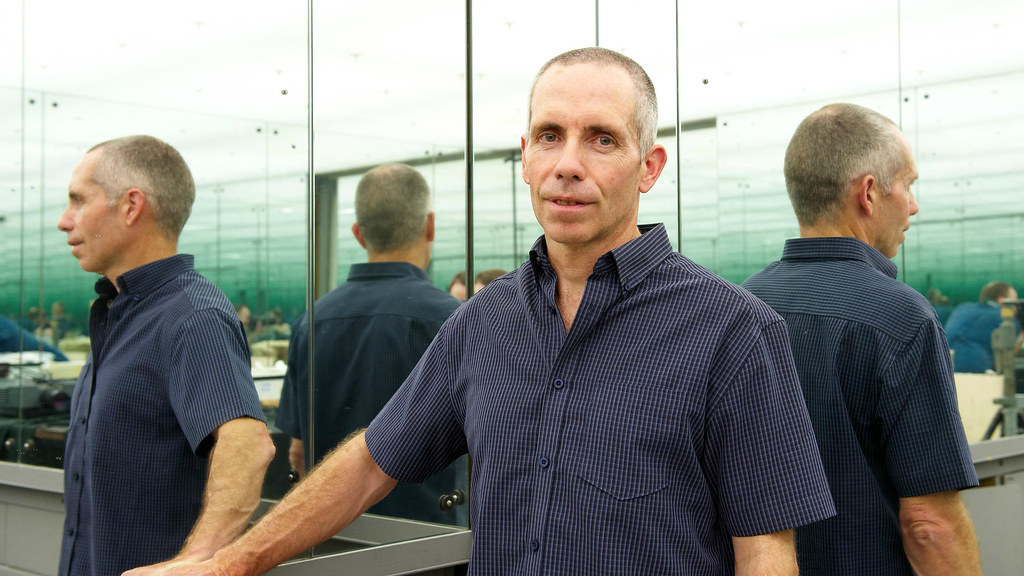The grant, secured with the support of the University's Research, Development and Support Office, will fund a project called ‘Enliten’ which is aimed at reducing carbon emissions from energy use within buildings, by understanding and influencing the occupants’ habits and behaviours around energy use.
The research team pulls together multi-disciplinary expertise from the Department of Architecture & Civil Engineering, Department of Electronic & Electrical Engineering, Department of Computer Science and Department of Psychology.
The team will use the results of their study to develop an innovative smart system that provides information and recommendations, personalised to each household. In future this information would help the occupant automatically purchase energy when it was cheapest via dynamic energy tariffs.
Professor David Coley is the principal investigator on the project. Professor Coley said: “The UK is committed to an eighty per cent reduction in human-related greenhouse gas emissions by 2080. In addition to financial incentives, carbon reduction will require an increase in ‘energy literacy’ - it will require members of the public to better understand the energy, carbon and financial implications of their lifestyle, and where they can save money.
“There can be a fourfold difference in energy consumption between adjacent houses, we need to find out reason for this and design a system that will allow the energy profligate to become, if they wish the energy lean.
“Significantly reducing energy usage within domestic buildings through automatic physical controls, such as electronically closing windows, is economically difficult. Equipping windows with sensors and motors could cost in the region of £100 per window. Closing the window by hand costs nothing—but how many of us know how much energy it might save.
“Equally, by enforcing external policy controls, such as set times when appliances can or can’t be used, is difficult socially and politically.
“For this reason, an approach that has more chance, economically, socially and politically, of achieving significant energy reductions, is to persuade building occupants to change their energy consuming behaviours.”
However, the research group acknowledges that many studies which have focused on providing building occupants with information about their energy use have demonstrated minimal impact, with behaviour change often not sustained in the longer term.
For this reason, the team is very aware of the need to avoid simply presenting further information - an approach that has failed in the past - and to focus on providing longer-lasting strategies that will extend beyond temporary interventions or campaigns.
One of the main elements of the project will involve twenty test households which will each be given an iPad that constantly informs them of how they might save energy in their home and how much any particular action will cost or save them.
Professor Coley said: “In order to achieve these goals, this project will specifically target long-term sustained effects by focusing on changes to the habitual behaviours of building occupants, and not just short-term responses to interventions.
“The smart system we aim to develop is unique in that it automatically learns about the building it is monitoring. By using complex mathematical systems, it will allow for what the building is made for, how insulated it is, and will make suggestions with these limitations in mind.
“The system will also partition physical items in the building, so suggestions might link directly to the use of a kettle, or television Suggestions will be given in non-technical human language, and we’re working with psychologists to establish the best way of achieving this.”
The smart system will be based on a whole-building energy model that will integrate a thermal picture of the building, a model of the occupant’s habits and requirements, and a map of energy use in the building.
Using a range of automated and human data collection and analyses, the research team will develop an understanding and model of the occupants’ energy-related attitudes, behaviours and habits.
These models will be brought together to inform the smart system, helping occupants to identify and break poor energy habits, develop better ones, and reduce energy demand and carbon emissions.
However the researchers are aware that the equipment needs to be cheap, easily deployable, and minimally disruptive to the fabric of the building so as to encourage uptake and use.
The project commences in July 20112 and is funded for four years by the Engineering & Physical Sciences Research Council (EPSRC).

